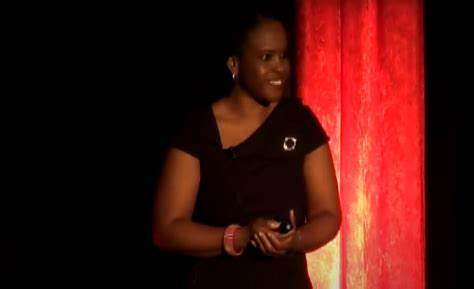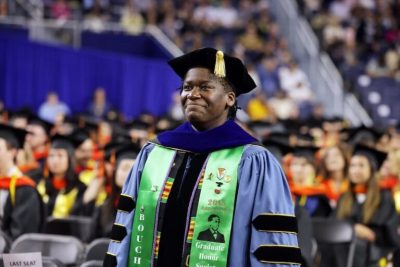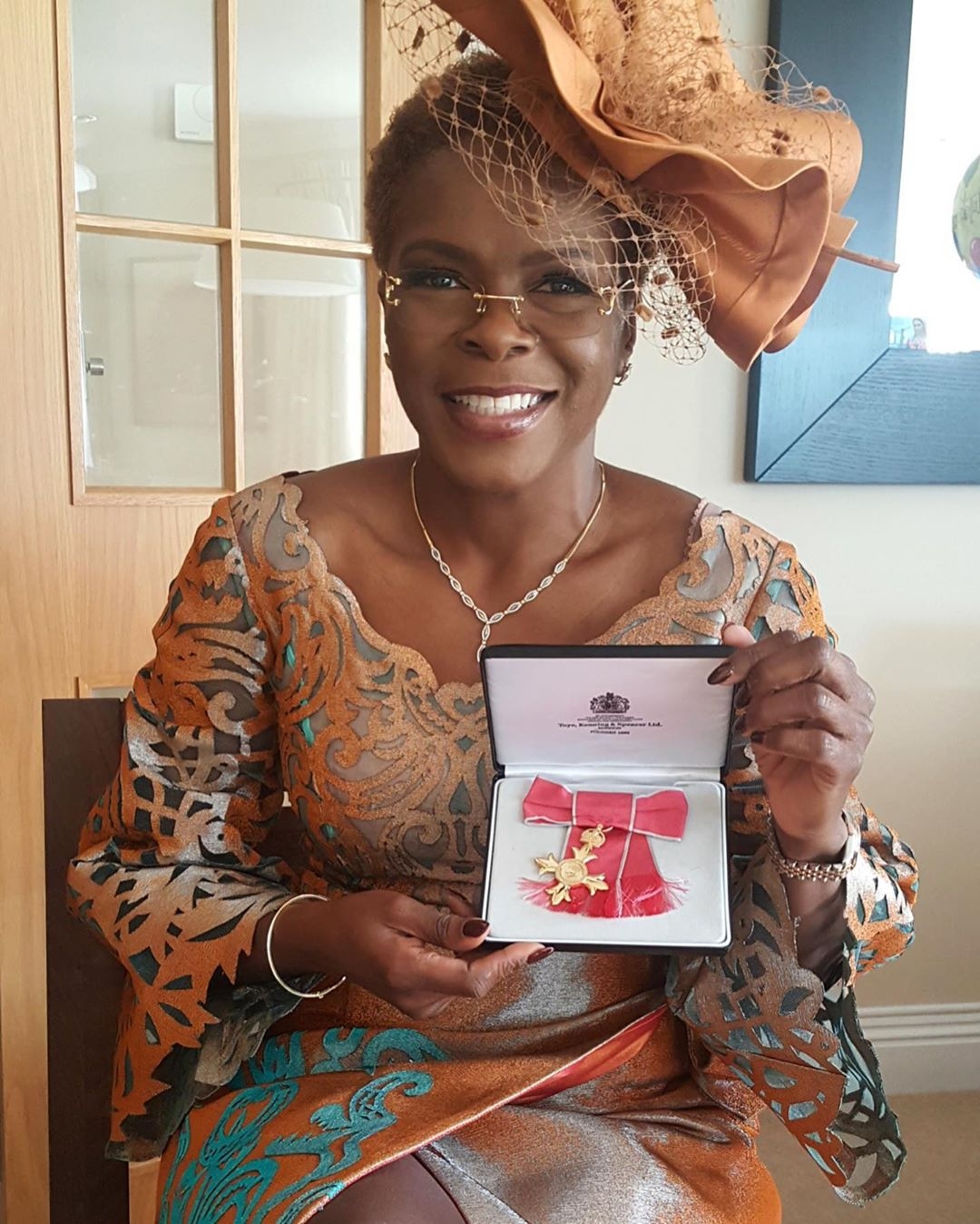Oluwami Dosunmu-Ogunbi, a Nigerian, has made history as the first black woman to earn a Ph.D. in U-M Robotics at the University of Michigan. Her re
Oluwami Dosunmu-Ogunbi, a Nigerian, has made history as the first black woman to earn a Ph.D. in U-M Robotics at the University of Michigan.
Her remarkable achievement was celebrated during the university’s commencement ceremony, where she spoke on the roles of advocates and mentors in realizing her aspirations.
Dosunmu-Ogunbi stressed the significance of inclusion in her address, reflecting on her journey as one of many PhD students initially uncertain of their goals but eventually finding ample opportunities to utilize engineering expertise for societal betterment.
She articulated the essence of a Michigan Engineer not merely as a scientific or technological leader but as someone who wants to solve problems.
Dosunmu-Ogunbi said, “A Michigan Engineer isn’t solely a beacon of scientific and technological prowess. Rather, they embody intellectual curiosity, social consciousness, and the ability to craft collaborative solutions for societal challenges. They foster inclusivity and innovation, fostering a community dedicated to service for the greater good.”
Similarly, Professor Rose-Margaret Ekeng-Itua has broken barriers by becoming the world’s first black woman to achieve a Ph.D. in Cybernetics.
Her research in the field, which explores information processing in both machines and biological systems, highlights her unwavering commitment to STEM education and excellence.
Ekeng-Itua’s journey, originating from Nigeria where societal norms often discouraged girls from pursuing scientific paths, exemplifies resilience and determination.
Despite facing gender biases and a lack of representation, she persisted, earning her Ph.D. at the University of Reading in the UK under the mentorship of Professor Kevin Warwick, a pioneer in cybernetics.
With over two decades of experience in engineering and STEM education across continents, Ekeng-Itua has championed diversity and inclusion in STEM fields.



